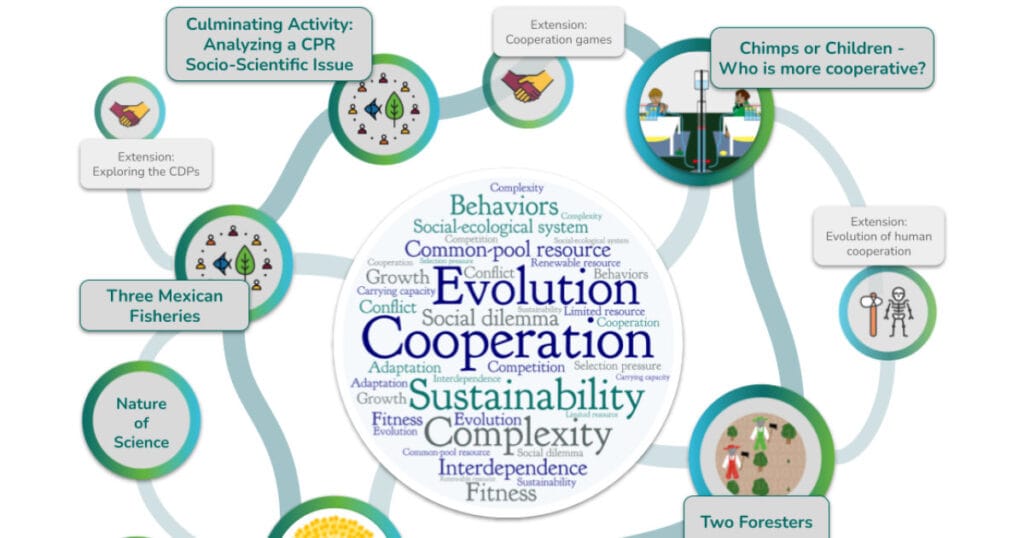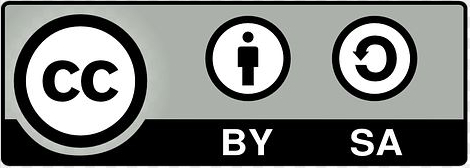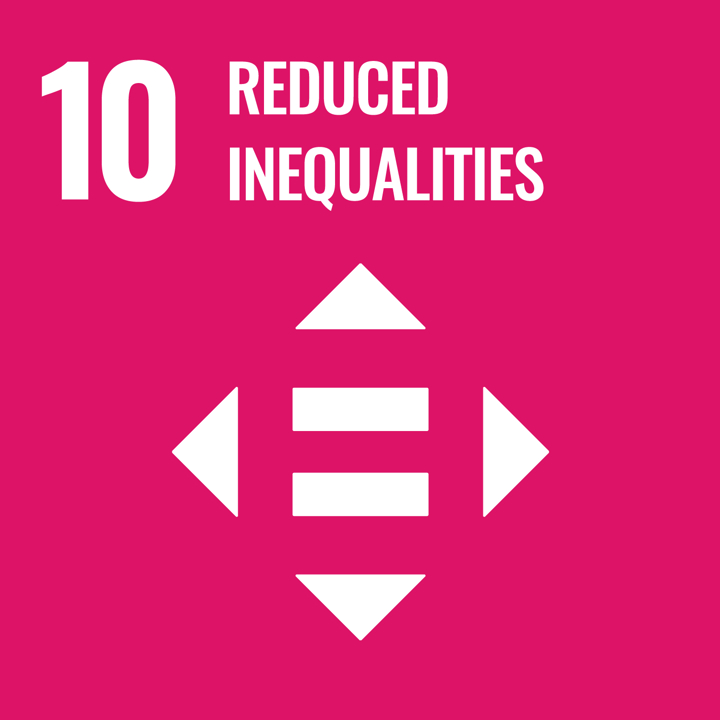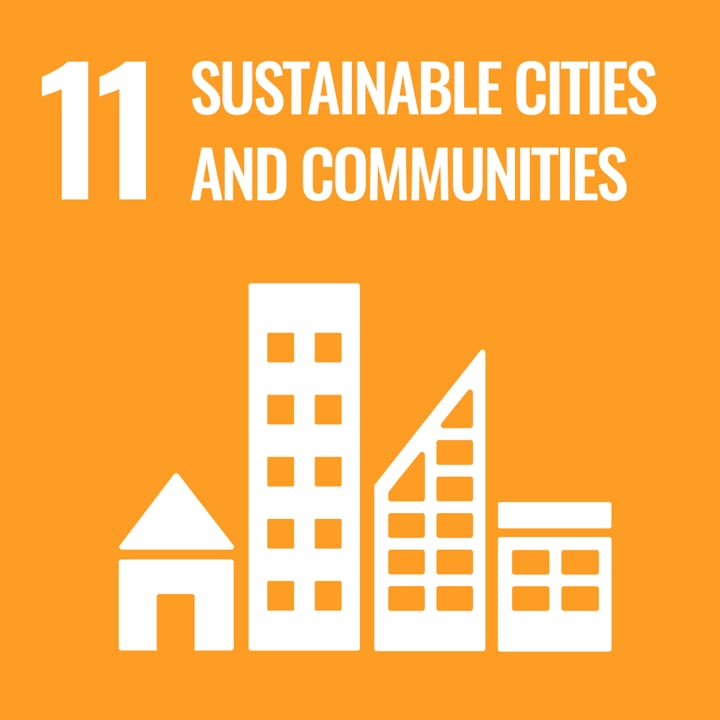
Beoogde eindgebruiker: Leraar
Leeftijdsgroep: Hoger secundair onderwijs
Schoolcurriculum: Science; Social & Environment Science; Business Studies
Thema's en onderwerpen: Behaviour & Lifestyle; Collective Action; Environmental Change; Economics; Futures Thinking; Food and Agriculture
Duur: 5 x lessons, each 20 – 90 min; 1 x project 1.5 – 8 hrs; + 7 Further Extension resources, each 20 – 90 minutes.
Type bron: Game, Audio/Video, Lesson Plans, Simulation, Online Tool, Online Course, Workshop
Trefwoorden: Development of Behaviour, Systems Thinking, Complex Systems, Sustainable Resource Use, Cooperation, Deeper Learning, Digital Model
Talen: Engels, Duits
Beschrijving
Sustainable resource management is often a matter of managing common-pool resources (CPR), i.e. social and material resources shared by groups of individuals. CPR can be prone to overuse through the competition between resource users who are motivated to maximize their resource use (or to contribute little to the maintenance of the resource) for individual gain and at the expense of group-level sustainability, an outcome known as the Tragedy of the Commons. CPR dilemmas are pervasive, not only in human contexts, but also across the non-human living world.
Exploring contexts across life in which evolution has favoured cooperative traits around shared resources can serve as fruitful lessons to help students gain a deeper understanding of the conditions and mechanisms that foster cooperation and sustainable resource use, and critically transfer these to a variety of socio-scientific issues.
Hoe gebruik je deze bron
This collection of lesson plans includes 5 core lessons and 1 project:
- Chimps or children – who is better at sharing resources? – A comparative behavioural research experiment exploring the abilities of chimpanzees and of children to cooperate around a shared resource.
- NetLogo: Two Foresters – An interactive introduction into concepts of ecology, behavioural ecology, and sustainability with a computer simulation of a simple social-ecological system.
- NetLogo: Evolution and competition for forest resources – This NetLogo model builds on the model of Two Foresters. In this model, agents reproduce based on the amount of resources that they harvest.
- Life in groups and conflict resolution – A reading text about the challenges of life in groups and how groups across biology have found ways to solve these challenges.
- Three Mexican fisheries – Students compare the stories of three Mexican fishing villages to understand the factors that enabled some villages to sustainably manage their fishing resources, while others failed.
- Analysing social-ecological systems – In this project, students analyse a select real-world social-ecological system by looking at factors of the resource(s) and ecosystem, resource user behaviours, and governance, to develop.
De middelen
The resources are part of the chapter Evolving cooperation and sustainability for common pool resources (Hanisch et al. 2023), published in the e-book Learning Evolution Through Socioscientific Issues (Sá-Pinto et al. 2023).
Leerresultaten (Docenten)
- Eliciteren van voorkennis en verder ontwikkelen van kennis en begrip van de belangrijkste concepten van Duurzaam Burgerschap, waarbij gevestigde wereldbeelden en waarden in twijfel worden getrokken.
- een reeks geschikte hulpmiddelen en kaders toepassen om duurzaam burgerschap bij studenten te bevorderen
- Reflecteren op de praktijk en nationale curricula onderzoeken om mogelijkheden te identificeren om Duurzaamheidsburgerschap op interdisciplinaire manieren te bevorderen en samen te werken met externe belanghebbenden.
- Samen de kennis, hulpmiddelen en kaders synthetiseren om onderwijsmateriaal en lesplannen te maken die zijn aangepast aan hun eigen lokale context.
- Beoordelingscriteria ontwikkelen en toepassen om Duurzaamheidsburgerschap bij studenten te evalueren.
- Door middel van workshopactiviteiten en praktijkgemeenschappen capaciteit en agency opbouwen als docenten en leiders op het gebied van duurzaam burgerschap.
Groene competenties
- Duurzame waarden belichamen: Duurzaamheid waarderen; Eerlijkheid ondersteunen; De natuur bevorderen
- Complexiteit omarmen in duurzaamheid: Systeemdenken; kritisch denken; probleemopstelling
- Duurzame toekomstvisies: Toekomstgerichtheid; Aanpassingsvermogen; Onderzoekend denken
Creative Commons

OpenEvo is an educational innovation project from the Department of Comparative Cultural Psychology at the Max Planck Institute for Evolutionary Anthropology. We welcome inquiries about our resources, projects, and potential collaborations. If you find something of interest on the site, please feel free to contact our project lead, Dustin Eirdosh via e-mail.
SDG's





